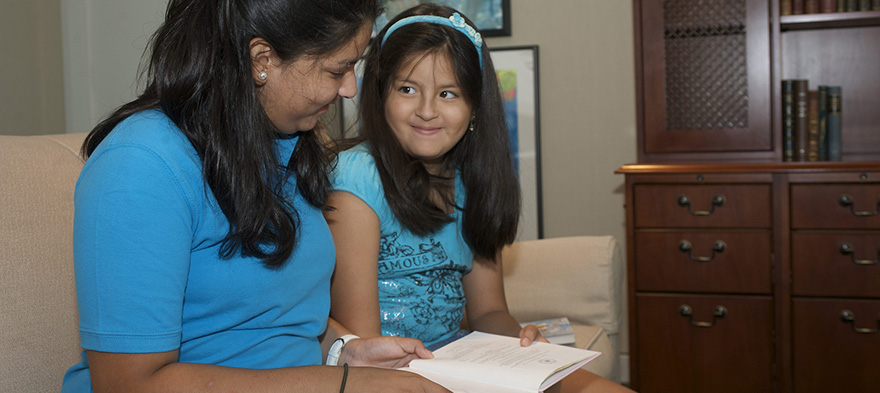
Jan 22, 2018 12:00:00 AM
by Sonia Park
Sonia Park is Executive Director of Diverse Charter Schools Coalition and has over 18 years of experience in school start-up, support, accountability and development. She has a background in organization and school development, support, and accountability in relation to school-based, district, state and federal policies and practices. Prior to joining the Diverse Charter Schools Coalition, she served under Secretary John King at the US Department of Education as a Senior Policy Advisor in the Office of Innovation and Improvement where she worked on policies concerning charter schools and provided guidance for Race to the Top-District grantees. Before this, Sonia was the Executive Director of Manhattan Charter Schools, a two-school charter network located in lower Manhattan. Sonia also worked under the New York City Department of Education’s Chancellor Denis Walcott as the Executive Director of Charter Schools, Accountability, and Support. She has also worked with the National Foundation for Teaching Entrepreneurship, NY Charter Schools Resource Center, NY Charter Schools Association, and Edison Schools. She’s presented at statewide, regional, and national charter schools conferences and has been a national a peer reviewer. As a consultant, she’s worked with such organizations as the NY State Education Department, Charter Schools Institute of the State University of New York, the National Association of Charter School Authorizers, New Visions for New Schools, The Newark Charter Schools Fund and the Children’s Aid Society.
Few issues in education spark more tension and debate than standardized testing. Are they a tool for equity or a burden on students? A necessary check on school systems or a flawed measure of...
Charter schools are public schools with a purpose. Operating independently from traditional school districts, they're tuition-free, open to all students, and publicly funded—but with more flexibility...
Despite the benefits of a diverse teaching force, prospective teachers of color fall out of our leaky preparation pipeline at every stage: preparation, hiring, induction, and retention. Here’s what...
Ed Post is the flagship website platform of brightbeam, a 501(c3) network of education activists and influencers demanding a better education and a brighter future for every child.
© 2020-2025 brightbeam. All rights reserved.
Leave a Comment